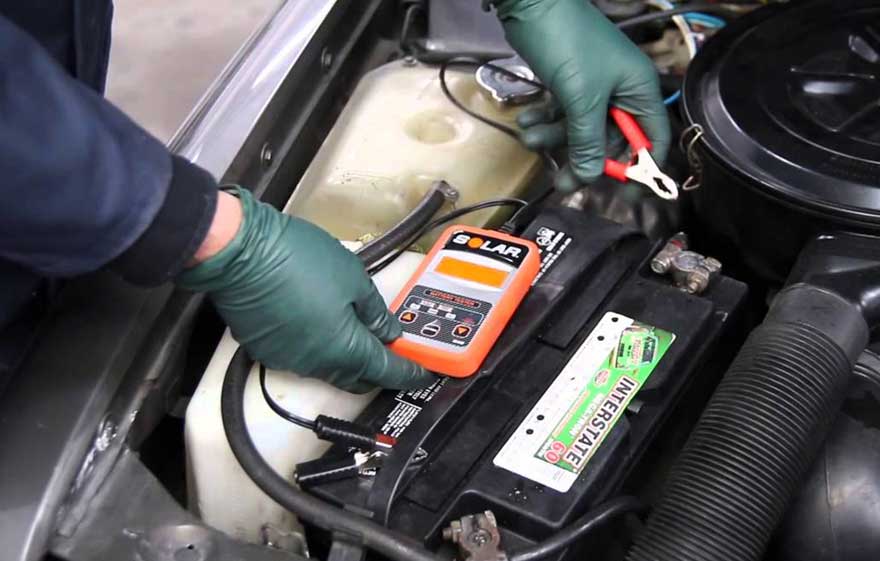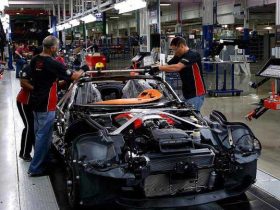
Keeping up with regular oil changes is a critical component of maintaining a healthy engine, yet many drivers are unaware of the importance of this minor maintenance task. While it may seem like a minor inconvenience, a regular oil change can do wonders when it comes to preserving your engine. Read on to discover the basics of engine health and how oil changes are involved.
What Is an Oil Change?
An oil change is a simple procedure in which oil is drained from a vehicle’s engine and replaced with fresh oil. Many mechanics suggest changing the oil every 3,000 to 5,000 miles or every three months, depending on one’s driving habits. Not following the manufacturer’s suggested maintenance schedule could result in significant engine damage over time.
Why Are Oil Changes Important?
Oil is the lifeblood of a functioning engine. The oil lubricates parts, helps reduce friction and heat, and absorbs wear metals that accumulate over time. Over time, the oil breaks down and becomes thick, unable to effectively lubricate or absorb impurities. This is why it’s important to change the oil periodically and have it flushed with solvents to fully remove any debris.
How to Tell When an Oil Change Is Needed
If you tend to keep up with regularly scheduled oil changes, then this won’t be a problem. However, if you’re not sure when the last change was done, you can check the oil dipstick to check the oil’s color and amount. Put a clean paper towel over the dipstick and pull it out. If the oil on the paper towel is black and thick, then the oil needs to be changed. If there is insufficient oil on the dipstick, then you should also consider an oil change.
Conclusion
Oil changes are essential for keeping a healthy engine. Regular oil changes at the manufacturer’s suggested intervals will ensure that your vehicle is running at its best. Knowing the basics of engine health and understanding when an oil change is needed can help you stay on top of this vital maintenance task.



















